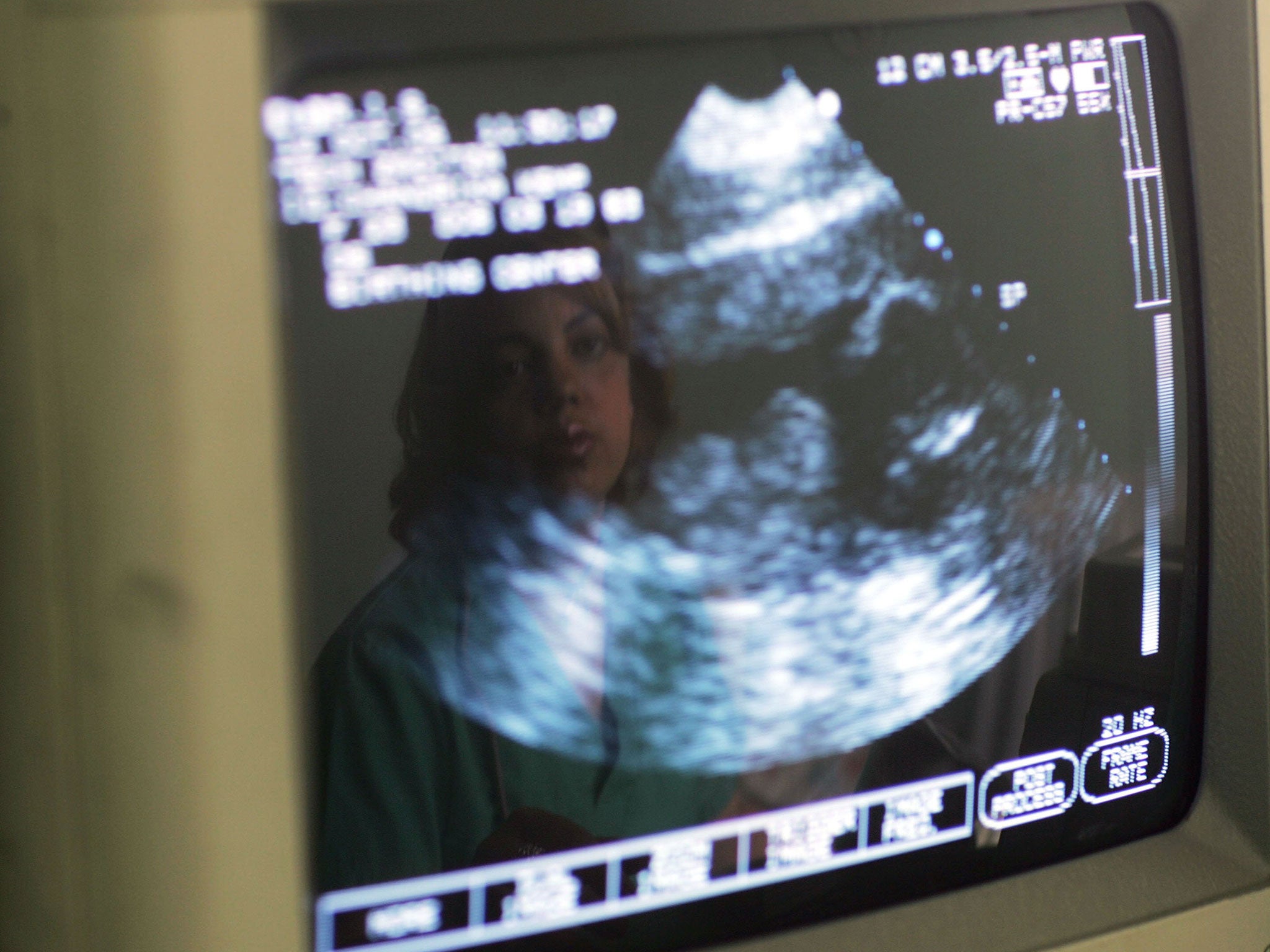Victims of incest and rape are less likely to get pregnant because they're 'too traumatised ', US politician claims
He said pregnancy after rape 'doesn’t happen as often as it does with consensual sex because of the trauma involved'

Your support helps us to tell the story
From reproductive rights to climate change to Big Tech, The Independent is on the ground when the story is developing. Whether it's investigating the financials of Elon Musk's pro-Trump PAC or producing our latest documentary, 'The A Word', which shines a light on the American women fighting for reproductive rights, we know how important it is to parse out the facts from the messaging.
At such a critical moment in US history, we need reporters on the ground. Your donation allows us to keep sending journalists to speak to both sides of the story.
The Independent is trusted by Americans across the entire political spectrum. And unlike many other quality news outlets, we choose not to lock Americans out of our reporting and analysis with paywalls. We believe quality journalism should be available to everyone, paid for by those who can afford it.
Your support makes all the difference.A Republican politician in America has said that rape and incest rarely result in pregnancy, attributing this to the “trauma" suffered by the victim.
The controversial comments came during a hearing on Thursday in the Idaho House, in which new legislation was passed that requires abortion providers to tell women where they can get a free ultrasound.
During the debate, Republican Representative Pete Nielsen said: “Now, I am of the understanding that in many cases of rape it does not involve any pregnancy because of the trauma of the incident. That may be true with incest a little bit.”
In response to his comment, Angela Dwyer, Stanton Healthcare, a crisis pregnancy centre, said her centre had treated two young rape victims of which one chose to keep her baby and the other offered her baby for adoption.
Kerry Uhlenkott, legislative coordinator of Right to Life of Idaho who was testifying in support of the bill, told the committee that Idaho’s crisis pregnancy centres report that “90 per cent of their clients choose life for their babies after viewing the ultrasound”.
The House State Affair Committee voted 13-4, with backers of the ultrasound bill saying they believed it would make women more likely to decide against abortion.
All four Democratic members opposed, citing concerns that the legislation does not require free ultrasound providers to offer medically accurate information.
Hannah Brass Greer, legislative director for Planned Parenthood in Idaho, said statements like Nielsen's point blame at rape and incest victims who become pregnant, suggesting they consented to the attacks.
“That’s obviously, medically, scientifically inaccurate," she said.
"That type of comment we’ve heard before, when politics get in the way of medical care. It’s harmful on so many levels.”
The scientific consensus on the issue is that rape is as likely to result in pregnancy as consensual sex. Some studies suggest the rate of pregnancy is higher in rape.
Opponents also argued the bill set no standards for the providers of the free ultrasounds, potentially making the state liable for advertising free services that aren’t up to par.
Nielsen stood by his remarks after the hearing, saying pregnancy “doesn’t happen as often as it does with consensual sex, because of the trauma involved.”
Asked how he knew that, he said, “That’s information that I’ve had through the years. Whether it’s totally accurate or not, I don’t know.
“I read a lot of information. I have read it several times […] Being a father of five girls, I’ve explored this a lot.”
Nielson said that abortion rights supporters are the ones ignoring science, caliming that “scientific, not just religious, teachings proves beyond a doubt that the fetus is a live, living individual".
He noted that Idaho was the fourth state to give women the vote.
“That’s how much we think of our women,” he said. “We love them and we want to take care of them.”
Another bill being pushed in the Idaho House by anti-abortion groups would ban fetal tissue being donated after an abortion either for organ donations or medical research.
The measure is awaiting hearing in a Senate committee.
Join our commenting forum
Join thought-provoking conversations, follow other Independent readers and see their replies
Comments